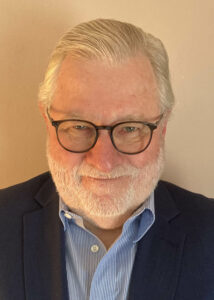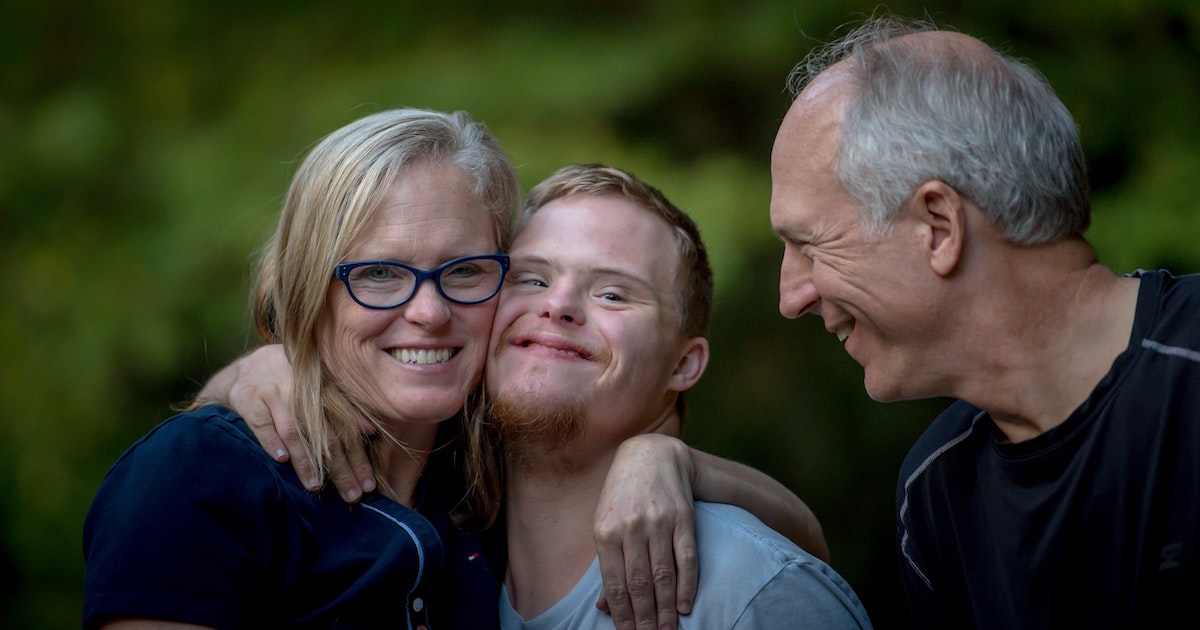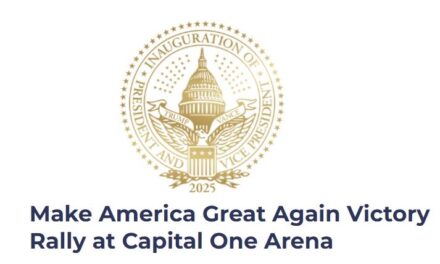LTP News Sharing:
Supporting people with disabilities is an endeavor upon which all Americans should be able to agree, argues Able Americans Senior Researcher Mark P. Mostert, Ph.D., and helping these individuals access the resources they need is an especially worthwhile pursuit. But the federal government may not be the best solution:
[T]he major systems that support and pay for treatment and resources for people with disabilities, the federal Department of Health and Human Services (HHS) and Medicare/Medicaid,… are unending sources of frustration and confusion, often meaning essential resources never get to the people who need them most.
This should be concerning enough, but there’s another issue that cuts across the disability community that requires ongoing and energetic attention: financial fraud and waste….
It’s obvious that Big Government is not getting the job done.
Free market solutions instead of turgid bureaucracy might be worth a look.
Read Mark’s entire commentary below.
Political battles over any issue can fall along many lines: Special interests vs. the greater good, secular vs. religious, Democrat vs. Republican and so on. While vigorous debate is important, too often these battles break down along ideological lines. But they shouldn’t – consider issues related to people with disabilities.

Mark P. Mostert, Ph.D.
The statistics related to the disability community are stark: According to the CDC, 27% of U.S. citizens live with some form of physical, cognitive or psychological disability. Adults with disabilities are three times more likely than their non-disabled counterparts to be obese, and to present with heart disease, stroke, diabetes and cancer. Furthermore, the likelihood of becoming disabled increases with age, with 46% of Americans aged 75 and older having some form of disability. Also, Americans with disabilities tend to earn significantly less than people without a disability and are significantly under employed. The number of K-12 school-aged students with disabilities have increased significantly over the last decade.
In essence, disability cuts across the American population irrespective of age, ideology, social class, income level, gender and any other population identifier imaginable.
In a country so often divided by political affiliation and cultural forces, if there’s anything that can unite us, it’s supporting people with disabilities. Almost every family has a disability story: a grandfather with Alzheimer’s Disease, a child who needs significant special education help, a sister with cognitive disabilities, a mother with serious health challenges. And many disability stories reveal the stark reality: often people with disabilities don’t get the help and support they urgently need.
Consider the major systems that support and pay for treatment and resources for people with disabilities: the federal Department of Health and Human Services (HHS) and Medicare/Medicaid.
These sprawling agencies, by definition, are massively unwieldy because of their multiple layers of bureaucracy, internal tensions, turf wars and institutional inertia. Institutional partial paralysis is routine and deep. For people with disabilities, irrespective of any other identifier, these agencies are unending sources of frustration and confusion, often meaning essential resources never get to the people who need them most.
This should be concerning enough, but there’s another issue that cuts across the disability community that requires ongoing and energetic attention: financial fraud and waste. Given the trillions of dollars that HHS and Medicare/Medicaid spend annually, the amount of money wasted is shocking, but not surprising. Healthcare Finance reports that for 2021, the federal government recovered more than $5 billion in healthcare fraud.
While this sounds impressive, there is also strong evidence that it’s the tip of the fraud and abuse iceberg: In 2020, articles in the American Journal of Public Health classified six categories of waste in healthcare spending: clinical inefficiencies, missed prevention opportunities, overuse, administrative waste, excessive prices and fraud/abuse. Across all categories it was estimated that annual waste was between $600 billion and $1.9 trillion. That estimate is likely larger now. Clearly, while the federal government makes an effort to recover some losses, largely through the Health Care Fraud and Abuse Control Program, there are billions more that are not recovered. It’s obvious that Big Government is not getting the job done.
Free market solutions instead of turgid bureaucracy might be worth a look.
At Able Americans we support Americans living with intellectual, developmental and physical disabilities. We believe in advocating for innovative solutions that harness the free market, emphasize individual freedom and choice, and remove barriers to progress.
Mark P. Mostert, Ph.D., is senior researcher at Able Americans, the National Center’s project to support Americans living with intellectual, developmental and physical disabilities.
Author: The National Center








